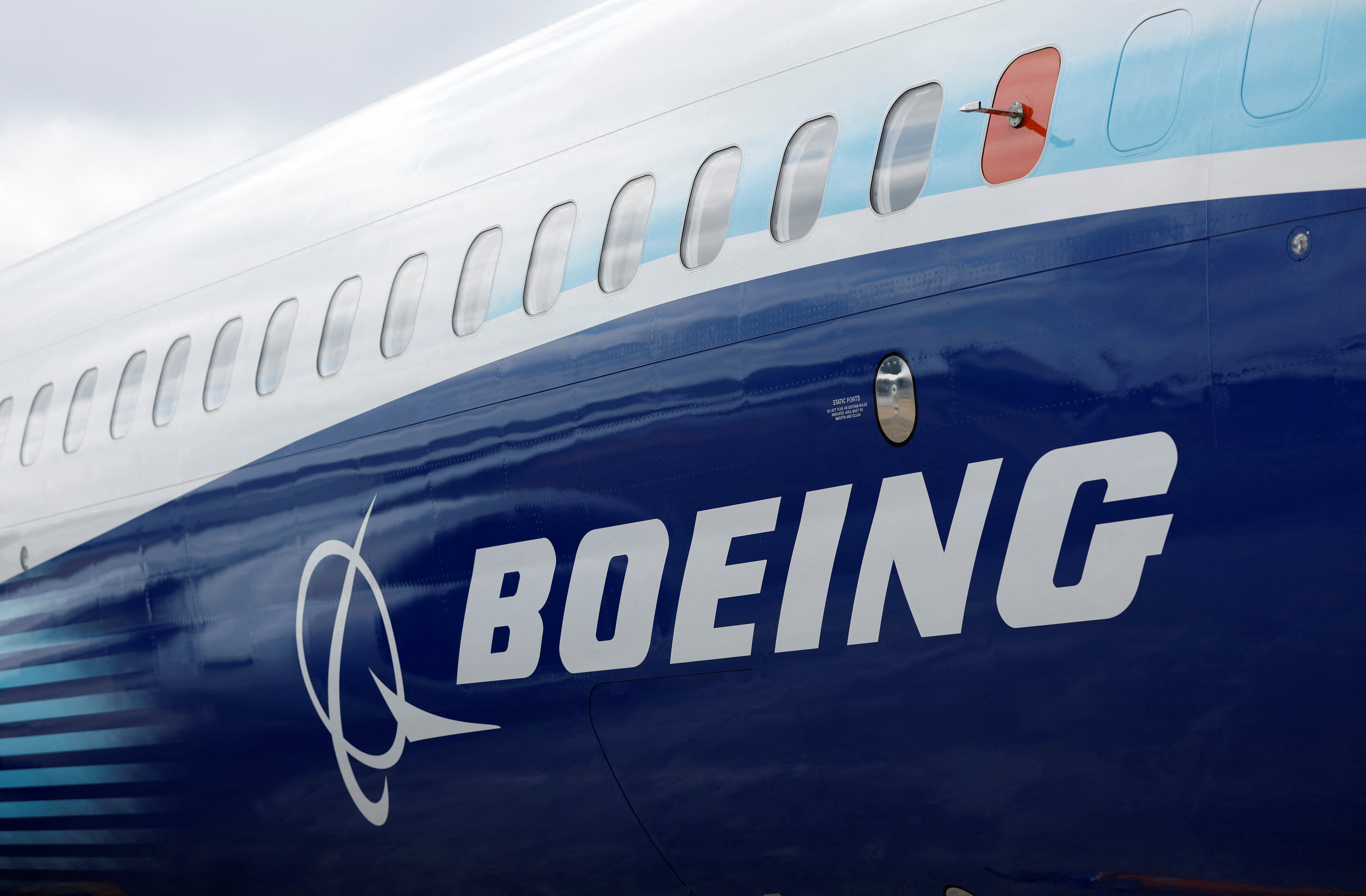
According to The New York Times on Monday, the Federal Aviation Administration’s (FAA) audit of Boeing’s 737 MAX production process, which was conducted after a panel on an Alaska Airlines aircraft in January, failed 33 out of 89 tests.
According to the presentation seen by NYT, Boeing failed a check related to the door plug—the component that caused the jet to blow up—during the extensive investigation.
The report also stated that Spirit AeroSystems, a supplier that manufactures the MAX’s fuselage, passed six out of thirteen audits while failing the remaining ones.
Furthermore, the NYT reported that Spirit failed the audit that examined the installation of the door plug component and discovered five other issues related to the component.
The agency discovered non-compliance issues in Boeing’s manufacturing process control, parts handling and storage, and product control.
The company “failed to determine the knowledge necessary for the operation of its processes,” the audit found, raising questions about the technicians who completed the work.
According to the report, Spirit also failed two other audits, one of which concerned the installation of cockpit windows and the other with a cargo door.
A request for comment from Reuters was not immediately answered by the FAA, Boeing, or Spirit AeroSystems.
The National Transportation Safety Board and Justice Department are conducting investigations into the Jan. 5, 737 MAX 9 mid-air emergency, and U.S. Transportation Secretary Pete Buttigieg stated earlier in the day that he anticipates the aircraft manufacturer to assist in these efforts.
Michael Whitaker of the FAA stated that in the upcoming 30 days, the organization and Boeing intend to establish the benchmarks that the manufacturer needs to hit to raise the MAX production rate.
The agency reported last week that it had discovered “non-compliance issues in Boeing’s manufacturing process control, parts handling and storage, and product control.”






